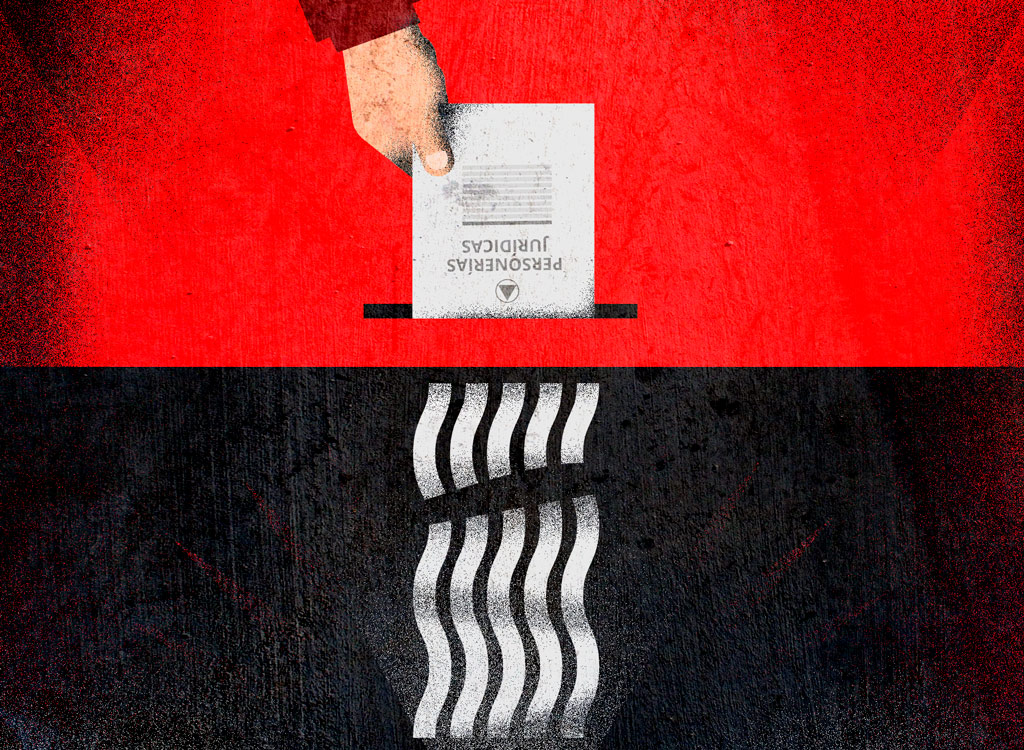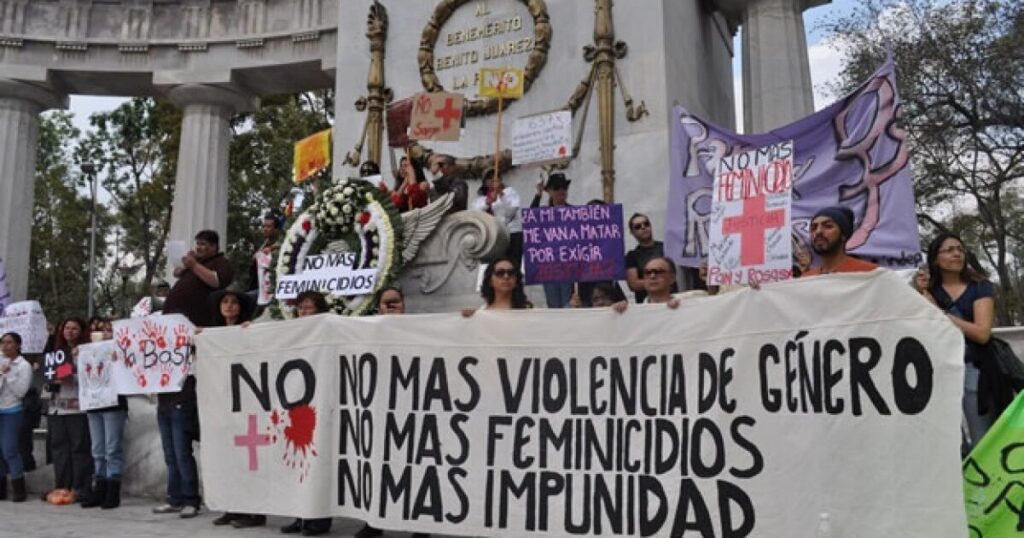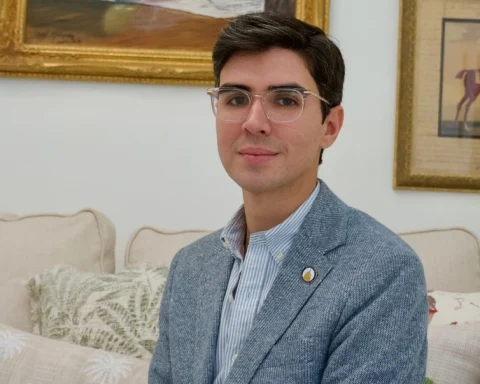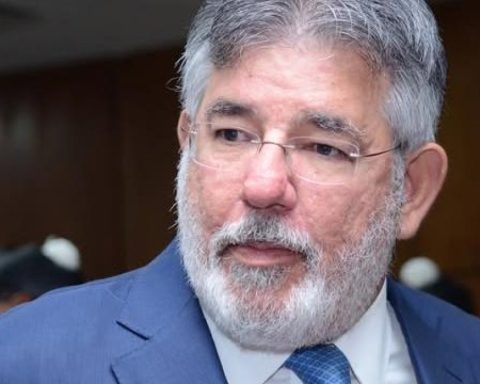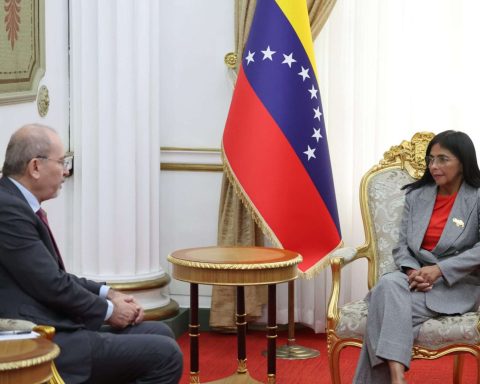In the first four months of this 2022, the regime of Daniel Ortega and Rosario Murillo has canceled the legal status of 94 associations, foundations, universities and NGOs of foreign origin, according to a data analysis prepared by CONFIDENTIALfrom a database built with the legislative decrees and the resolutions of the Ministry of the Interior (Migob), published in La Gaceta Diario Oficial.
In just four months, the regime has comfortably exceeded the 60 cancellations executed in all of 2021. The mass cancellations of this 2022 include 15 foreign NGOs, among them; Fabretto Children’s Foundation, Comundo of Switzerland, Development Cooperation Fund, Michigan State University, USA, among others.
With the vote of the Sandinista deputies and their allies, the regime has canceled —since the end of 2018— the legal status of 168 NGOs. The Migob has accused them of breaching three laws: the Law on Non-Profit Legal Entities or Law 147; the Organic Law of the Legislative Power of the Republic of Nicaragua or Law 606, and the Law against Money Laundering, Financing of Terrorism and Financing of the Proliferation of Weapons of Mass Destruction or Law 977.
In addition to not registering as foreign agents and failing to deliver their financial statements, details of donations and not reporting their boards of directors and their identity.
Among the canceled NGOs there are dozens that developed education projects, medical programs such as those carried out by Operation Smile, women’s movements, the environment; the promotion and defense of human rightssocial development, democracy, culture, indigenous people and children and adolescents.
ANCI and Cantera say goodbye
The Center for Communication and Popular Education (Cantera) and the Nicaraguan Association of Cinematography (ANCI), which promoted comprehensive education, development, and the visual arts in Nicaragua, separately shared on their social networks two communiqués in which say goodbye and thank the population for the support received in the last three decades.
Both organizations were canceled this week along with 23 other NGOs for allegedly failing to comply with the laws that regulate non-profit organizations in Nicaragua and for not having registered as foreign agents.
“I am convinced that Cantera, beyond having been a legally established institution, are the people who dream of a better, more supportive and harmonious world, and that is the seed we have tried to sow,” said Anabel Torres, director and co-founder of this body, in the statement.
The Cantera Foundation had 33 years of working on issues of education, comprehensive development of children and youth in rural and semi-urban areas of the municipalities of Belén, Rivas, and Mateare and Ciudad Sandino, Managua. They also worked with families and youth at risk from the Jorge Dimitrov and San Judas neighborhoods in the capital.
“Without the trust placed in our work over all these years, it would not have been possible for us to develop so many initiatives that have changed the lives of Nicaraguan girls, boys, adolescents, youth, women and men,” said Torres.
film development
ANCI lamented the closure of this association after 34 years of work, in which they trained film professionals and promoted the visual arts in the country.
“We have steadily promoted and supported cinematographic and audiovisual work in the country, disseminating the works of our members and colleagues, organizing film shows. We successfully completed ten editions of the ‘Ibero-American Film Festival of Nicaragua’, being able to reach different national locations with free screenings”, they stressed in the statement.
They also added that thanks to the relationship they established with the International Film and TV School of San Antonio de los Baños de Cuba, “many Nicaraguans were able to travel and train at it.”
“We want to deeply thank all the people, entities and governments that have supported us in each project of our association, sustained with the hard and voluntary work of its members. Cinema in Nicaragua has been worth the effort, the sacrifices and the resources invested,” they concluded.
UCA reaffirms its commitment to education
The Central American University (UCA), which lost its 6% budget allocation for universities after being excluded from the National Council of Universities (CNU), informed its university community that it will continue its educational work in the country, undertaken since its foundation In 1960.
“The Central American University remains firm in its commitment to quality higher education for the benefit of youth and Nicaraguan society,” they said in a short statement.
Likewise, they highlighted that as a legally constituted private institution, its “operation is governed by its statutes and the national laws applicable to private higher education institutions in the country.”
Since 2018, the regime has imposed reprisals against the UCA, mainly with the progressive reduction of the 6% budget, with which they benefited more than five thousand students with scholarships, according to the authorities of this university. This year, the Government of Ortega and Murillo reduced the budget contribution to one million cordobas, but in March they made a reform to the General Education Law, in which they excluded it from the CNU.
